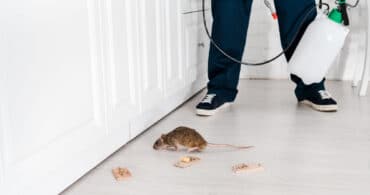Understanding Houses in Multiple Occupation (HMOs) for Property Investors
Learn about Houses in Multiple Occupation (HMOs), their licensing requirements, and safety standards. Ensure compliance to avoid penalties, provide safe, affordable housing for tenants and how to maximise your investment return by using guaranteed rent.
Understanding Houses in Multiple Occupation (HMOs) and Licensing Requirements for Property Investors
Homes2let offers a property management service that reduces the landlord burden, with an added benefit…
As a landlord, you have enough to deal with without having deal with deposit claims. So why not hand over to a property management service, but one with a clear added benefit?
The homes2let guaranteed rent scheme guarantees rental payments, even when the property is untenanted, as well as taking all the hassle of property management off your shoulders too.
Interested to discover more? You are welcome to get in touch with our expert team to discover how we can make your life as a landlord more of a breeze.

Riz is the founder of homes2let and has been in real estate for over twenty years. He has a background in economics and is a real estate developer and buy to let investor.
Free, no obligation 15min call with Riz – Book Now
Related Insights

The Biggest Change In Renters’ Law In A Generation
The new Renters Reform Bill changes the balance of power in favour of tenants, because it will increase their security and peace of mind. The new law could make it difficult and costly for landlords to evict tenants or sell their properties.

Who is Responsible for Pest Control in a Rental Property?
Bed bugs, cockroaches, mice or rats, it’s never pleasant when a rental property is suffering a pest infestation. But the question of who is responsible for pest control in a rental property remains a grey area. It can be challenging to work out how an infestation came about, which is generally how to determine who is responsible for dealing with it. Here we look at the typical pest-related scenarios that can arise, and how to deal with them.

How Buy-to-Let will be Impacted by a Shrinking Economy
Landlord, letting agent or estate agency, the COVID-19 crisis will have affected you in some way. For some, the effects will have been considerable, with the financial fallout of the pandemic at the heart of the problem. But does it have to be a problem? To what extent will buy to let actually be impacted by a shrinking economy?








